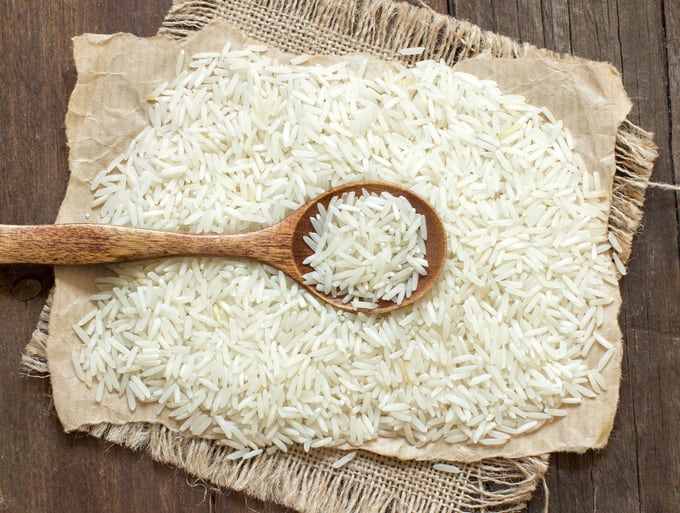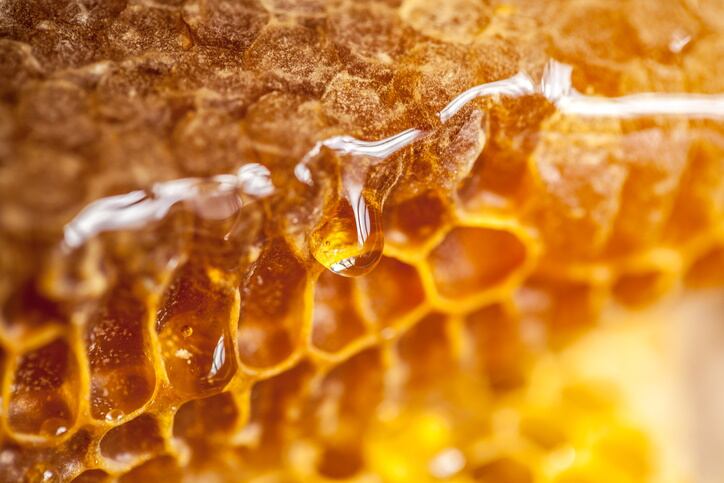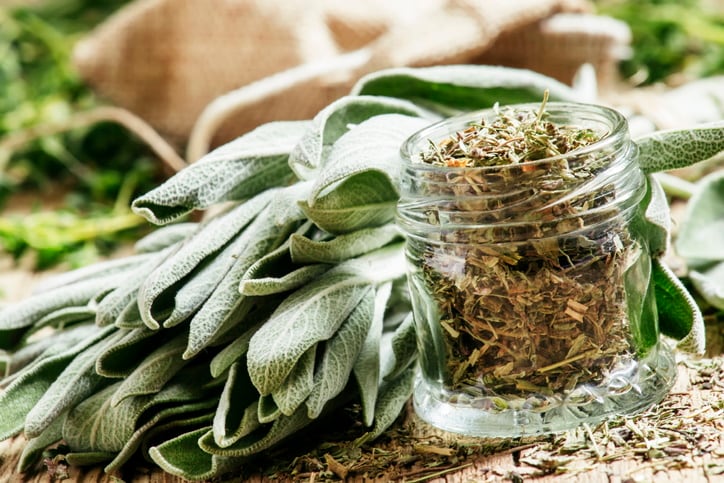Researchers led by Christopher Elliott, a professor at the Institute for Global Food Security at Queen’s University Belfast in Northern Ireland, devised one test that can be done using a hand-held device quickly in places where rice is made and sold. The other is a follow-up lab-based test. Used together they offer near 100% accuracy.
Revealing the research findings in the journal Talanta, the team said that using a two-tiered system of a rapid method for on-site screening of many samples alongside a laboratory-based confirmatory method can classify Basmati rice varieties, protecting the supply chain from fraud.
Queen’s University Belfast Research Scientist Maeve Shannon told FoodNavigator that Basmati rice fraud remains a global problem. “Basmati rice can often be considered as the crème de la crème of rice. It is because of its high commercial value that it has fallen victim to fraud,” she said.
In 2011, the UK Rice Association exposed an infamous scam where 41 apparently authentic Basmati rice samples were tested using a DNA fingerprinting technique which revealed 19 of these samples were adulterated.
Fast forward to 2021, and cases of unscrupulous traders passing off inferior grain as basmati or adulterating it is ‘still a problem’, according to Shannon, particularly in India, the leading exporter of Basmati Rice to the global market. “The main fraudulent activity in Basmati rice is the mixing with and substitution of lower quality rice,” she said. “The issue here is they often use pseudo-basmati crossbreeds and this can be challenging to detect as the rice looks similar, but it's cheaper.”

Food fingerprints
The new testing system developed by the Belfast-based scientists uses two techniques to expose these types of scams. First, is a Near-infrared or NIR test, a widely used method in the food and drink and agricultural industries as a convenient, low cost alternative to chemical analysis. This essentially performs a ‘fingerprint’ of the rice to check its authenticity.
The main benefit of this method is that analysis can be performed with a handheld NIR instrument in places where rice is produced and traded, with results rapidly showing on an iPhone or smartphone.
“Essentially, light is emitted from the device on to the sample when scanning, and then a spectrum is generated. This spectrum is unique to particular variety of rice and is referred to as a ‘fingerprint’. Using chemometric modelling software we can then generate models containing the authentic variety as well as potential adulterant varieties,” explained Shannon. “Once these models have been built and uploaded to the cloud, they can be accessed through a mobile application. After scanning the sample, the result is immediately shown on the mobile application. This method is quick and it does not require sample preparation. The main benefit of the handheld (portable) device is that analysis can be performed where rice is produced and traded.”
Used on its own, this method is around 90% accurate. A second, lab-based confirmation test gives close to 100% precision, say the scientists, who used nearly 1,400 rice samples to test and validate the devices.
This second test uses GC/MS (or gas chromatography–mass spectrometry) – another widely used technique for qualitative and quantitative analysis of food composition and one generally regarded as a ‘gold standard’ for forensic substance identification. Interestingly, GC/MS is often used to investigate scams of a different sort -- in sports anti-doping laboratories to test athletes' urine samples for performance-enhancing drugs.
“This method is lab based and is considered as a confirmatory method, compared the handheld device which is a screening method,” continued Shannon. “If a sample came through as suspect on the screening method, the sample could be sent on for laboratory analysis by GC-MS, where accuracy is close to 100%.”
Potential application in other food sectors
Her team’s tactics have so far been well received by companies, keen to discover new ways of saving time and money and in their fight against food adulteration.
“Our two-tiered system shows how a large number of samples can be screened in-field using the handheld NIR and non-conforming samples can be sent for confirmatory analysis; cutting down on both time and cost,” she told us. “This could prove very useful for the rice producers and traders to carry out rapid food fraud and substitution analysis whenever and wherever required. This approach has been welcomed by many companies as it is a small investment to fight against potentially large losses due to Economically Motivated Adulteration (EMA) in food ingredients.”
The Queen’s University Belfast scientists also hope to use the technology to fight fraud in other types of foods. The institution’s spin off company, Bia Analytical, founded in 2020, is developing authenticity tests for many types of food using a handheld NIR instrument which can then be used by industry on-site. BIA is partnering with “many different companies across supply chains to check to make sure that products for consumers are guaranteed genuine”, said Shannon. Following the study, the company is now working on expanding its testing services to new food ingredients such as herbs and spices and other rice varieties.
Source
A two-tiered system of analysis to tackle rice fraud: The Indian Basmati study
Talanta




